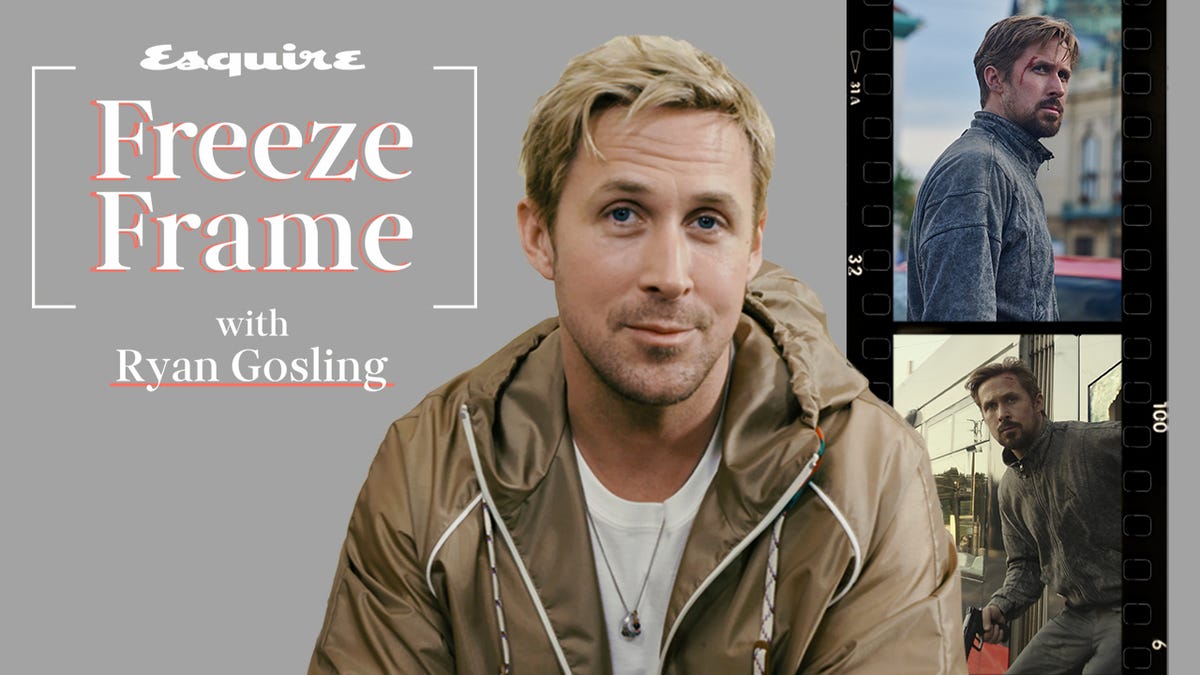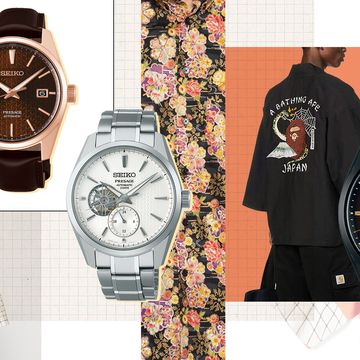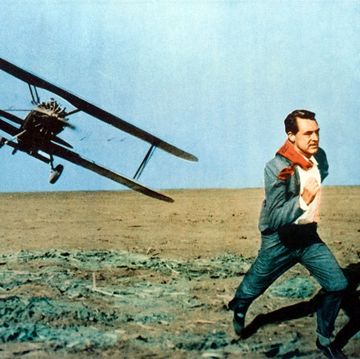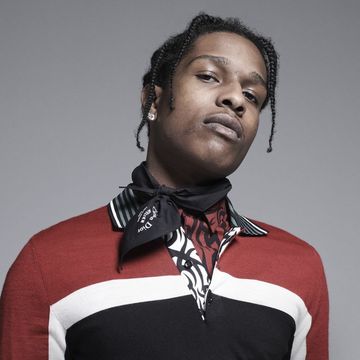In 2013, the much-feted American author and essayist Dave Eggers published a novel called The Circle that was quickly hailed as ‘the most prescient satirical commentary of the early internet age’.
Set in the not too distant future, it follows a young woman called Mae who lands a dream job working for a social media company that has swallowed Google, Facebook, Twitter and the rest to completely monopolise our online behavior.
The Circle soon begins to expand ominously into other areas of public life, from politics to healthcare to surveillance, driven by the philosophy our lives should be 100 percent visible and accountable all of the time. Mae, who agrees to walk around with a camera permanently attached to her, becomes a guinea pig in this new world without privacy. We watch her spontaneity, passion and empathy for others slowly erode, as she becomes the human equivalent of a Facebook update: always performing, always upbeat, always carefully constructing her life for the consumption of others.
It’s a book, as I keep telling my teacher friends, that really ought to be put on the school curriculum: a funny, accessible but ultimately horrifying look at what we sacrifice to participate in the endless popularity pageant of social media. It’s a lampooning of our digital vanities, but more importantly, a warning shot about the deep, basic, human need for privacy.
And like all the the best works of satire, it’s scary because it is becoming less and less distinguishable from reality.
This week, a London-based developer called mSpy announced a new smartphone app called mCouple that is designed to help find out if your partner is cheating on you. It enables you to see everything your other half is doing, from recording the phone calls and texts they exchange, to monitoring Facebook messages and Skype calls, to tracking their exact whereabouts via GPS.
mSpy – which describes itself as ‘helping people lead safer and less stressful lives’– has already rolled out similar technology to allow parents to keep vigil on their children and employers keep an eye on their employees, which already feels like an Orwellian step too far.
But it barely needs stating to any right-minded adult what a destructive influence live-action spying would have on a normal relationship, from the endless arguments (“but what did that text mean?”) to having nothing to talk about over dinner (“anything interesting happen today hun?” “Nothing you didn’t see already on your iPhone, sweetie!”).
It’s a truly horrible idea, which replaces trust with suspicion and denies you any sense of autonomy, space or selfhood – the very things many people in long-term relationships long for as it is. Sometimes, we need to lie about where we’ve gone or who’ve we talked to, not to bang the secretary but to have some me-time at the driving range – or who knows – plot a surprise mini-break or pick up a bunch of flowers.
But the truly scary thing about mCouple is not that it exists – the technology, after all, has been around for a while – it’s that it requires complicity from both partners to work. You actually sign up for it. Most people, in some moment of weakness, have found themselves playing the part of the spy: the guilty rummage through your partner’s bag, a hasty flick through their text messages. mCouple wants you to agree to be spied on.
A decade ago, the very concept your partner monitoring your every communication and physical movement would have been met with horror (and a joke or two about bunny boiling). Today, the value we put on our privacy has declined to such a point it’s just an amusing news story.
But what will it be tomorrow? To today’s teenagers, for whom sexting has replaced flirting and ‘digital life’ is not a bemusing modern development but indistinguishable from life full stop, the idea of mCouple is likely to start making a lot of sense. When they’re already ‘checking in’ wherever they go and Instagramming whatever they do, how much of a leap is it to pander to their partner’s youthful insecurities and agree to be under constant surveillance? And what will be the consequences of this stifling induction into the world of adult relationships?
In The Circle, as Mae begins to live her life for a constant audience of digital voyeurs, she starts to experience periods of powerful inner anxiety, an internal rupturing that threatens to subsume her like madness. It’s a primal cry for privacy, the exhaustion of being entirely without secrets. It’s a scary world Eggers paints, and one it feels like we’re sleepwalking closer to all the time.









